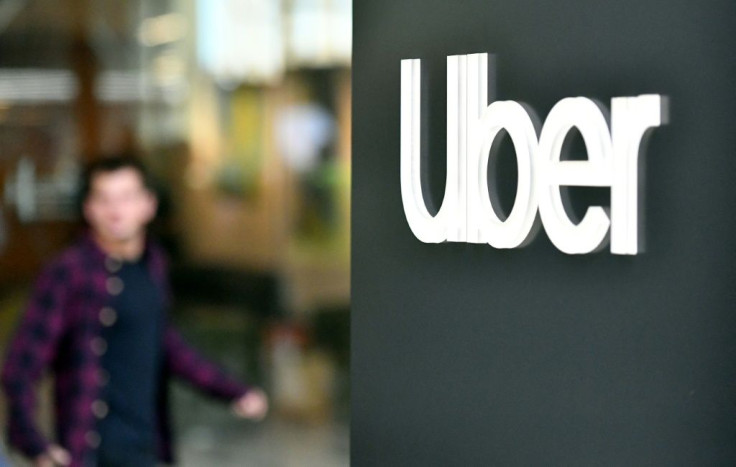The End Of The Gig Economy? California Labor Bill Could Drastically Affect Uber, Lyft

The California Senate passed a labor bill Tuesday night that could dramatically affect the so-called gig economy, forcing companies such as Uber and Lyft to transition their workers currently classified as independent contractors into employees if the legislation is enacted.
The legislation passed 29-11 in a party-line vote in the California Senate, with Republicans voting no on the bill. The law is expected to easily pass the California State Assembly before moving to the governor's office.
California Gov. Gavin Newsom, a Democrat, is expected to sign the bill. "I am proud to be supporting Assembly Bill 5, which extends critical labor protections to more workers by curbing misclassification," Newsom said. "California has the power to act so these workers can be a real voice at work – one that can transform their lives and reshape our economy."
By classifying workers as employees, app-based companies such as Uber and Lyft would have to pay taxes such as state and federal unemployment tax and social security. The companies would be subject to other regulations as well, with employees likely receiving healthcare and paid time off thanks to the law.
If other states pass laws similar to AB5 it could force app-based companies to rethink their operations in the United States.
"Today our state's political leadership missed an important opportunity to support the overwhelming majority of rideshare drivers who want a thoughtful solution that balances flexibility with earning standards and benefits," a Lyft spokesperson said. "The fact that there were more than 50 industries carved out of AB5 is very telling. We are fully prepared to take this issue to the voters of California to preserve the freedom and access drivers want and need."
Uber, Lyft, Doordash and other app-based companies are part of the gig economy, where workers conduct independent tasks, such as driving deliveries, with organizations. The work is often on a part-time basis.
Critics of the gig economy have criticized the idea for undermining job security and labor laws, with companies like Doordash behind sued over its tipping policy. Proponents say the gig economy promotes worker freedom and flexibility.
Uber has 3 million drivers globally, while Lyft has 1.4 million drivers in the U.S and Toronto as of 2018.
© Copyright IBTimes 2024. All rights reserved.




















